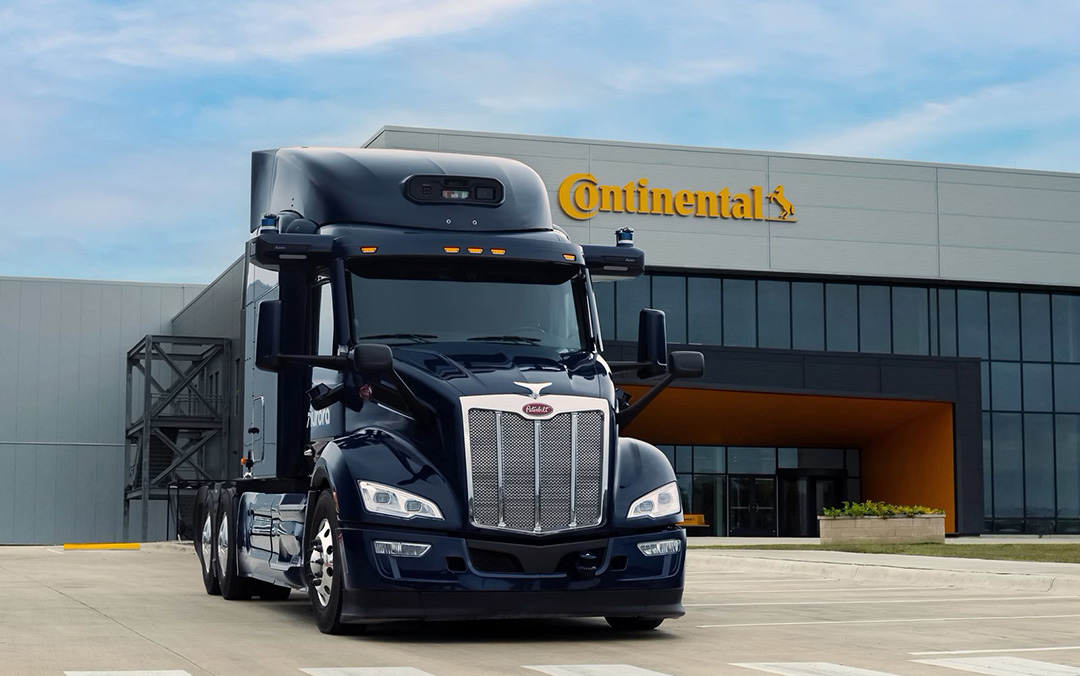What will the year 2025 bring? We don’t know exactly either. But we have taken a closer look at the trends that are already emerging. And give you a few ideas on how to prepare for the upcoming changes.
The volume of road freight transport in Europe is expected to continue to grow in 2025, albeit perhaps more slowly than in previous years. One driving factor will continue to be the ongoing e-commerce boom, which places high demands on flexibility and speed, especially on the last mile. At the same time, operating costs are rising – primarily due to higher energy prices and new environmental regulations. Small and medium-sized logistics companies in particular will have to fight to maintain their margins. On the other hand, innovations to increase efficiency open up potential for cost reductions, for example through the use of telematics and big data analysis.
Basically, competition is getting tougher. It is therefore important that you keep your fleet flexible and adaptable in order to be able to react to economic fluctuations.
New rules and regulations
The EU is further tightening its CO₂ reduction targets. From next year, the average CO₂ emissions of new heavy-duty trucks ( more than 16 tons) must be 15 percent lower than in 2019. In addition, more and more countries are introducing graduated toll charges based on the CO₂ emissions of your vehicles. This makes it increasingly expensive for you if you are traveling with older, higher-emission trucks. At the same time, it can be assumed that inner-city environmental zones will be further expanded. You will then no longer be able to enter the city with an old diesel truck.
Stricter and more intelligent controls of the existing regulations on compliance with drivers’ working and rest times are also to be expected. Intelligent tachographs, which will be mandatory from the start of the year, will play a key role here, as they enable more precise and efficient monitoring than before.
Technological advances
Vehicle manufacturers are increasingly bringing fully electric or hybrid trucks onto the market. While the ranges of electric trucks are still being optimized , they already offer considerable advantages in terms of efficiency and sustainability for certain routes – especially in urban areas. And more and more hydrogen trucks are being used for long-distance transportation in particular. The costs for the vehicles are still high, but subsidy programs could make them more affordable.
Fully autonomous trucks are still a dream of the future, but semi-autonomous systems such as advanced driver assistance systems (ADAS) will almost become standard by 2025. These technologies will help you to increase the efficiency of your fleet and reduce fuel consumption. Telematics for recording and evaluating vehicle and user data and big data for storing, processing and analyzing large volumes of information will enable you to manage your fleet more precisely. Real-time tracking, analysis of driving behavior and predictive maintenance reduce downtime and improve the efficiency of your entire operation.
What to do?
In the long term, you will not be able to avoid purchasing electric trucks or hydrogen-powered vehicles. That’s why you should check the funding options now and plan ahead when replacing older vehicles.
And be faster than the competition: data-based fleet management still offers you a clear competitive advantage. Therefore: Use telematics systems to monitor the condition of your fleet, save fuel and plan routes efficiently.
Continental takes your fleet to the next level
Continental supports you in this:
- For example, the ContiConnect digital tire management system monitors the condition of your tires in real time.
- The ContiPressureCheck tire monitoring system mounted directly on the vehicle provides real-time data on tire pressure and temperature.
- Continental Advanced Driver Assistance Systems (ADAS) such as Lane Keeping Assist, Emergency Brake Assist and Automatic Distance Keeping Systems help your drivers to drive safely and efficiently.
What do you expect from the coming year for you and your company? We look forward to your comment!


0 Comments